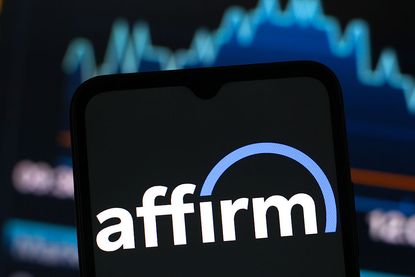Trading
The latest news, updates and opinions on Trading from the expert team here at MoneyWeek
Explore Trading
-

Short selling
Glossary Short selling is when a trader believes that the price of an asset will not rise but fall, and he can still make money on it by 'shorting' it
By MoneyWeek Last updated
Glossary -

Profit from pest control with Rentokil Initial
Rentokil Initial is set for global expansion and offers strong sales growth
By Dr Matthew Partridge Published
-

In the money: how my trading tips fared in 2025
The success of the open positions offset losses on closed ones, says Matthew Partridge
By Dr Matthew Partridge Published
-

Coreweave is on borrowed time
AI infrastructure firm Coreweave is heading for trouble and is absurdly pricey, says Matthew Partridge
By Dr Matthew Partridge Published
-

Circle sets a new gold standard for cryptocurrencies
Cryptocurrencies have existed in a kind of financial Wild West. No longer – they are entering the mainstream, and US-listed Circle is ideally placed to benefit
By Jamie Ward Published
-

Profit from other investors’ trades with CME Group
CME Group is one of the world’s largest exchanges, which gives it a significant competitive advantage
By Rupert Hargreaves Published
-

Investors should plan for an age of uncertainty and upheaval
Tectonic geopolitical and economic shifts are underway. Investors need to consider a range of tools when positioning portfolios to accommodate these changes
By James Proudlock Published
-

How much gold does China have – and how to cash in
China's gold reserves are vastly understated, says Dominic Frisby. So hold gold, overbought or not
By Dominic Frisby Published
-

Debasing Wall Street's new debasement trade idea
The debasement trade is a catchy and plausible idea, but there’s no sign that markets are alarmed, says Cris Sholto Heaton
By Cris Sholto Heaton Published
